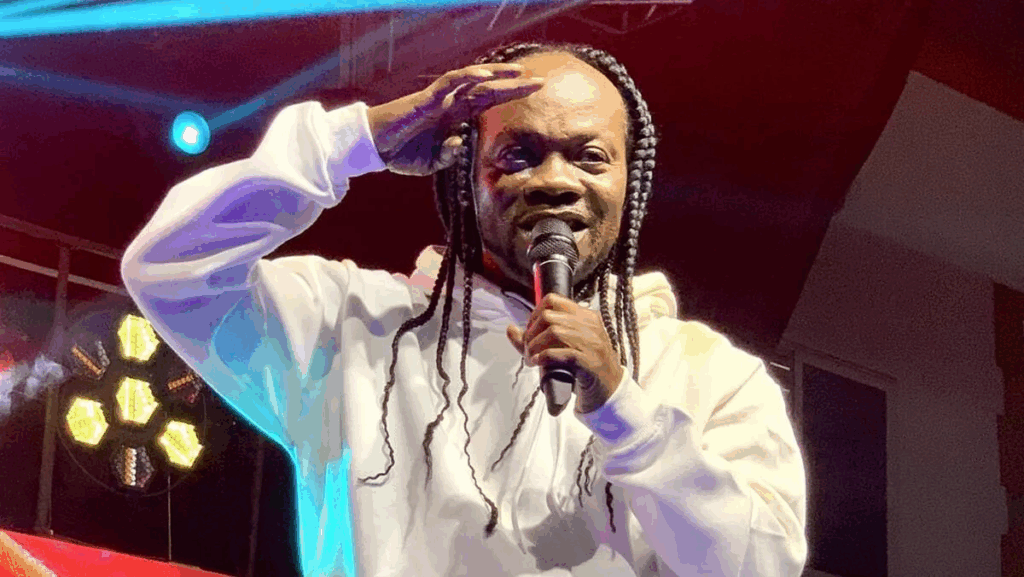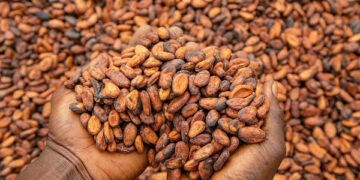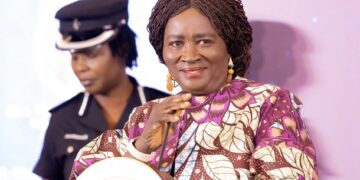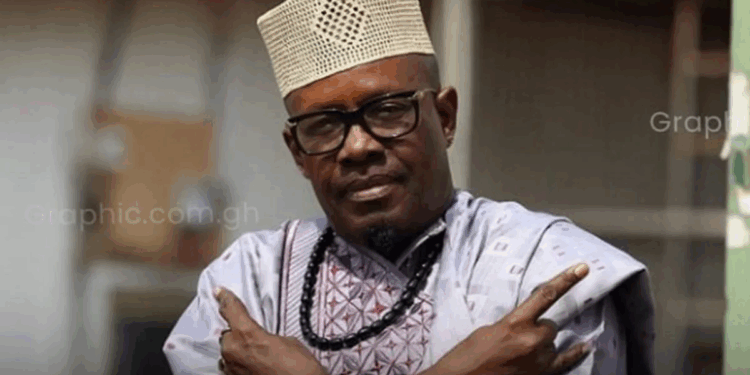The Musicians Union of Ghana (MUSIGA) has announced bold plans to immortalize the legacies of Ghana’s greatest music icons — including recently deceased Highlife legend Daddy Lumba — through the creation of a National Music Museum and Hall of Fame.
The initiative comes amid growing public concern over the lack of formal recognition and documentation of Ghana’s music pioneers, especially the trailblazers who shaped Highlife, a genre deeply intertwined with the country’s cultural heritage.
Speaking exclusively to Graphic Showbiz on August 5, MUSIGA President Bessa Simons revealed that the union is collaborating with the Ghana Museums and Monuments Board (GMMB) to create a permanent, world-class national music archive.

“We are embarking on documenting our artists. There is no data about them anywhere,” Simons said. “When you mention a great musician like CK Mann, there is no proper documentation on him. We will include Lumba in the list. That is the reason we want a national music archive — to honour such icons.”
Preserving Ghana’s Music Heritage
The proposed National Music Museum will chronicle the evolution of Ghana’s music industry, preserving the stories of its most influential figures, genres, and landmark moments. The Hall of Fame will showcase portraits, memorabilia, rare recordings, and historical artefacts from legendary musicians across multiple generations.
Simons stressed that while Highlife will be a central focus, the museum will cover all genres performed in Ghana, creating a one-stop destination for anyone seeking to explore the nation’s rich musical history.

Special Tributes for Daddy Lumba
In addition to the museum project, MUSIGA plans to host nationwide tribute concerts and educational workshops in honour of Daddy Lumba and other fallen stars. The events will highlight Highlife’s evolution, Lumba’s unique contributions to the genre, and its continued relevance in modern music.
“There will be a special tribute concert and workshops for people to understand what Lumba did with Highlife,” Simons explained. “He brought a different kind of creativity and depth to the genre.”
Later this year, MUSIGA will partner with stakeholders including the Ministry of Tourism, Creative Arts Agency, Ghana Tourism Authority, Commission on Culture, and Folklore Board to host a national seminar on Highlife music.
Pushing for UNESCO Recognition
MUSIGA is also leading efforts to have Highlife music recognised by UNESCO as part of Ghana’s intangible cultural heritage — a designation that would cement its status globally alongside genres like Reggae, which is internationally synonymous with Jamaica.
“We began this process even before Daddy Lumba passed away,” Simons revealed. “When Highlife is mentioned, we want the world to think of Ghana immediately.”
The union hopes to finalise the UNESCO listing by November 2025.
Inspiring the Next Generation
Simons emphasised the urgent need to reconnect younger generations with Highlife, lamenting that many young people have moved away from the genre due to limited national promotion and poor storytelling around its importance.
“We must inspire young people to embrace Highlife. Too often, the genre is dismissed, but it remains the foundation of much of the music we hear today. Every modern sound in Ghana carries echoes of Highlife,” he concluded.


























